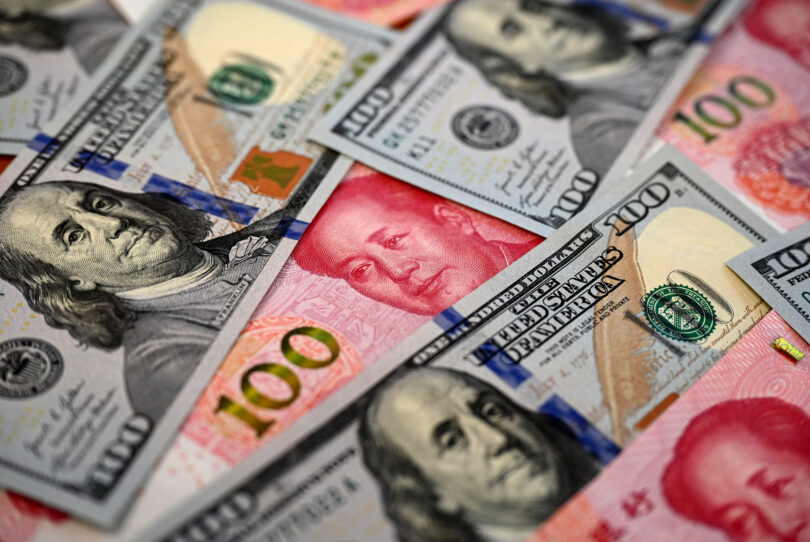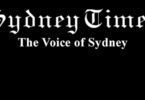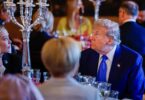Tariffs for Penguins, Not for Putin? Inside Trump’s Bizarre Trade Logic
Written by Akshit Tyagi and his credentials vetted and checked for authenticity by the Editor of the Sydney Times
Posted on 08 April,2025
In an extraordinary turn of trade policy, former President Donald Trump’s recent tariff offensive has managed to alienate allies, tank global markets, and leave even penguins wondering where they stand in the geopolitical order. Among those slapped with fresh tariffs are remote, uninhabited territories like Australia’s Heard and McDonald Islands, icy outposts with no economic activity, let alone exports.
Meanwhile, traditional adversaries of the United States, Russia, Belarus, North Korea, and Cuba—have emerged unscathed.
This upside-down logic is more than just a bureaucratic blunder or a symbolic gesture. It reflects the peculiar fusion of domestic protectionism, legal formalism, and political theater that has come to define Trump’s approach to foreign economic policy. But beyond the headlines, this tariff salvo has far-reaching implications: for U.S. alliances, for the credibility of sanctions regimes, and for the fragile global economy.
A Blanket Tariff Policy
The Trump campaign has insisted that the tariffs, announced as part of a broader push to revive American manufacturing, apply universally, “no one is left off,” said Commerce Secretary Howard Lutnick. That includes overseas territories of allied nations such as Australia, the UK, and France. Because of this, even uninhabited territories formally tied to these countries are being penalized. This “rules-based” approach seems more about optics than strategic thinking.
Yet, glaring exceptions remain. Russia, Cuba, North Korea, and Belarus, all under varying degrees of sanctions from the United States, have not been subjected to the new trade duties. According to the administration, this is because sanctions already restrict trade with these nations. But that explanation doesn’t hold up under scrutiny.
In 2024, the U.S. imported approximately $3 billion worth of goods from Russia, despite the ongoing war in Ukraine and extensive sanctions. Cuban trade, while modest, still exists in
pharmaceuticals and agricultural exemptions. Meanwhile, countries with negligible trade ties, such as Mauritius or Brunei, have not been exempted, suggesting a selective and possibly incoherent application of policy. The inconsistency has left trade experts and diplomats questioning whether these exemptions are strategic oversights, the result of internal chaos, or deliberate signaling.
Market Meltdown: Global Economic Fallout
The most immediate impact of Trump’s tariff announcement was felt in the markets. The ASX 200, Australia’s benchmark stock index, plunged 4.2%, wiping out over $110 billion AUD in market value, its worst single-day drop since the 2008 financial crisis. The S&P 500 dipped 0.2%, while the Dow Jones Industrial Average fell 349 points (0.9%). Global investors, already jittery over stagnant growth in China and geopolitical unrest in the Middle East, were spooked by the specter of a renewed trade war.
Hong Kong’s Hang Seng Index cratered 13.2%, the sharpest single-day decline since 1997. European markets fell across the board. Oil prices dipped as recession fears spread. And analysts began reworking forecasts with alarming speed.
Goldman Sachs has revised the likelihood of a U.S. recession to 45%, citing “self-inflicted policy shocks.” It expects the Federal Reserve to accelerate interest rate cuts, potentially bringing them to 3.5–3.75% by the year’s end. These predictions reflect a growing consensus: economic nationalism may be popular in election cycles, but it can devastate investor confidence and global trade flows.
Friends Turned Frustrated
If the economic damage is measurable, the diplomatic fallout may be more difficult to repair. Close partners such as Australia, Canada, Japan, and the EU—many of whom share intelligence, military operations, and trade links with the U.S.—were not granted exemptions. Instead, they are grouped in with competitors like China and rivals like Iran.
Australian Prime Minister Anthony Albanese reacted with dry exasperation: “Tariffs on penguin colonies make no strategic sense. This is not how you treat allies.” Behind closed doors, officials in Brussels, Tokyo, and Ottawa have voiced similar frustrations.
As a foreign affairs journalist, I’ve covered many flashpoints in U.S. diplomacy—from NATO negotiations to sanctions against Iran—but this moment feels uniquely absurd. It reveals the limitations of a foreign policy that treats trade purely as a zero-sum game, while neglecting the nuances of alliance management and economic interdependence.
‘Self-Induced Economic Nuclear Winter’
Business leaders are joining the chorus of alarm. Hedge fund manager Bill Ackman warned of a looming “self-induced economic nuclear winter,” calling for a 90-day moratorium on the tariffs to allow time for renegotiation. His plea echoes concerns from the U.S. Chamber of Commerce and the Business Roundtable, which have cautioned that indiscriminate tariffs could lead to reduced investment, job losses, and retaliatory actions from trading partners.
Moreover, these policies are disproportionately likely to hurt the very voters they aim to protect—lower-income Americans, whose livelihoods depend on affordable imported goods and stable supply chains.
Strategy or Spectacle?
Trump’s tariffs are a case study in how economic tools can be misapplied when strategy is sacrificed for spectacle. Sparing nations with adversarial histories while penalizing allies and penguins alike may fire up a political base, but it risks diminishing America’s credibility on the world stage.
“Trade policy, like foreign policy, requires clarity, consistency, and above all, coherence. As we brace for further fallout in the markets and diplomatic corridors, the question isn’t just whether tariffs work, but whether America’s allies can continue to trust the system that imposes them.”







